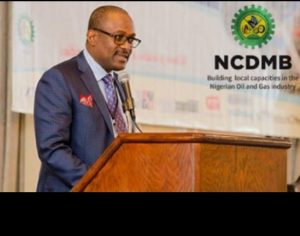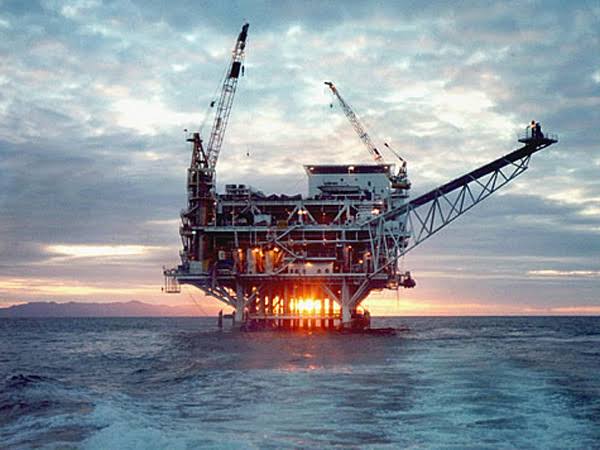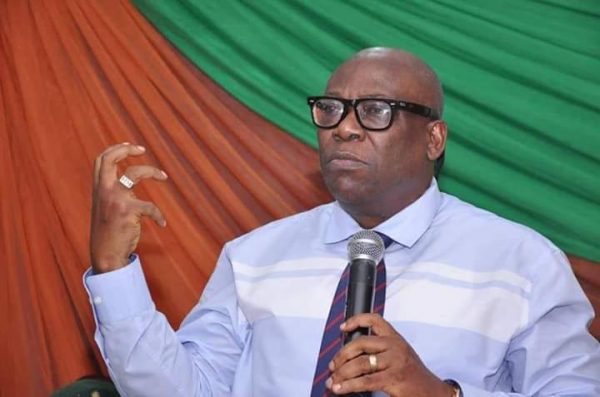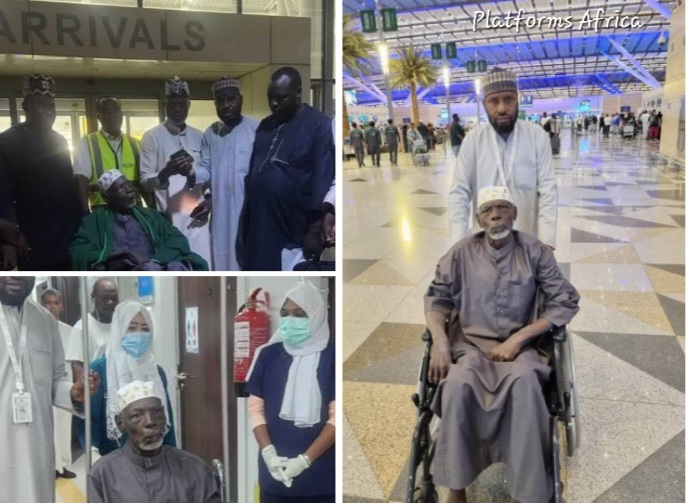The Nigerian Content Development and Monitoring Board (NCDMB) has revealed how Nigeria lost over $380 billion to capital flight and two million jobs in 50 years.
Platforms Africa reports that Executive Secretary, NCDMB, Engr. Simbi Wabote at the fifth annual Valuechain lecture and awards held in Abuja, said the nation also lost the opportunity cost for in-country capacity development and value addition.
READ ALSO: Shell, AFC, GTBank, 6 Other Banks Drag Aiteo to Court Over $2bn Debts
EXCLUSIVE: Buhari Declines Ministerial Consent For ExxonMobil $1.6bn Assets’ Sale To Seplat
Lagos Vows Sanction On Arise TV Anchor For Driving On BRT Lane
BREAKING: ASUU Extends Strike, Shuts Varsities Till September
A communiqué issues after the lecture revealed that the loss was recorded as a result of the absence of Nigerian Oil and Gas Industry Content Development laws otherwise known as NOGICD Act 2010, describing the era as appalling for the nation’s oil and gas sector of the economy.
Wabote was quoted in the communiqué as saying: “The situation in the Nigerian oil and gas industry before the enactment of the NOGICD Act 2010 was appalling.

“Nigeria suffered estimated loss of over $380 billion to capital flight, two million jobs within a 50-year period and lost the opportunity cost for in-country capacity development and value addition.
“Hence, the cumulative Nigerian content level before the creation of the board was less than five percent.
“Through pragmatic application of certain provision of the NOGICD Act 2010, the NCDMB has recorded various landmark achievements in the oil and gas industry within 12 years of its existence and grown Nigerian content level from 5% to 42% as at December 2021.
“The landmark achievements under the Nigerian Content Law leave visible footprints in the production records of indigenous operators, in-country capital retention, development of infrastructure, vendor development and supply chain efficiency, engineering and technical services, fabrication capability, human capacity development, job creation, asset ownership, procurements, manufacturing of critical oil and gas tools and components, and most importantly a paradigm shift in project execution philosophy of operating and service companies in Nigeria”, stated the communiqué.
Wabote further disclosed that efforts are underway to drive gas utilisation and LPG penetration across the nooks and crannies of Nigeria.
He said the board has rolled out aggressive establishment of LPG bottling plants and depots in 10 Northern states including Kaduna, Bauchi, Katsina, Kano, Nasarawa, Niger, Plateau, Gombe, Zamfara, Jigawa and Abuja.
“Similarly, the board is also in partnership with Rungas to ensure local manufacturing of 1.2 million composite LPG cylinders per year in Bayelsa and Lagos states.
“Lastly, the board is in a partnership for the construction of 300mmscfd gas gathering hub for gas supply into the OB-3 pipeline in Edo State”, he said.
According to him, the demand and supply curves for expatriate personnel in the oil and gas industry is in steep decline due to NCDMB strict monitoring of expatriate quota needs and collaboration with the Federal Ministry of Interior.
The NCDMB boss stated that the board’s 10-year strategic roadmap, which was launched in 2018 with all the programmes and interventions of the board are geared toward growing Nigerian content to 70% by 2027.
“To augment for skill gaps, we utilise exchange programme and understudy programme to develop required skills in the industry.
“In the area of Enabling Business Environment, the board stands out as the first agency to introduce Service Level Agreements (SLAs), way ahead of all MDAs.
We executed SLA with OPTS, IPPG, and NLNG, covering about 98% of industry operators.
“These agreements have ensured that all the touchpoints in the placement of contracts in the industry are concluded within pre-agreed timelines.
“The benefit of the SLA was evident in the board’s record- breaking timely approvals of the NLNG requests for the Train-7 project. “Industry operators are aware of the 15-day rule in which they can take any request forwarded to us as approved if they get no response from the board after 15 working days” he stated.





